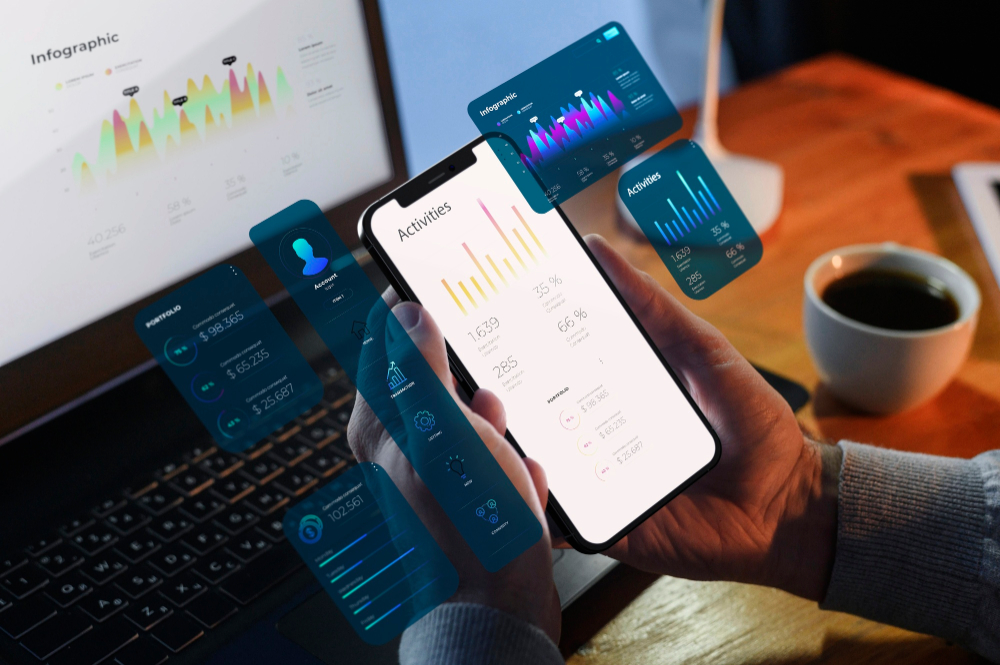Tracking Crypto Transactions Across Multiple Apps for Accurate Tax Reporting

The rise of digital wallets, crypto exchanges, and decentralized finance (DeFi) platforms has made it easier than ever to buy, sell, and stake cryptocurrency. Yet with so many apps now available, from Binance and Coinbase to WalletConnect, Metamask, and countless DeFi protocols, keeping track of every transaction has become one of the biggest challenges for investors during tax season. Each trade, swap, or staking reward may have tax implications, and missing even a small transaction can lead to inaccurate reporting.
That’s why a growing number of Canadians are turning to crypto-specific tax tools and professional legal advice. A firm like Crypto Tax Lawyer can help you understand your obligations under Canadian tax law, including how to classify different types of crypto activity and what records are needed to stay compliant.
Understanding the Data Trail
Every app that handles cryptocurrency generates its own transaction data. Centralized exchanges provide detailed trade histories, while decentralized apps often rely on blockchain explorers like Etherscan to track wallet activity. Layer in additional actions such as staking rewards, airdrops, liquidity pooling, and NFT purchases, and the complexity grows quickly.
Each transaction type may be taxed differently. For example, selling Bitcoin for cash is typically treated as a disposition that triggers a capital gain or loss. Exchanging one token for another can also count as a taxable event, even if you never convert to fiat currency. Staking or yield farming rewards may be considered income at the time they’re received. If these events occur across multiple apps, they must all be recorded and reported accurately to the Canada Revenue Agency (CRA).
Common Tracking Challenges
Many investors assume their exchanges or wallets will automatically generate complete tax reports. In reality, no single platform captures a user’s entire crypto footprint. Someone might trade on Binance, stake on a DeFi protocol through Metamask, and hold NFTs in another wallet. Each of these actions produces separate data sets. Without careful consolidation, it’s easy to overlook a taxable event.
Other complications include:
- Lost or inaccessible data due to delisted tokens or app shutdowns.
- Multiple wallet addresses that must be reconciled.
- Inconsistent date formats or currency conversions across platforms.
- Missing cost basis data when assets are moved between wallets.
Best Practices for Accurate Reporting
The key to accuracy is building a consistent tracking routine. Here are practical steps to simplify the process:
- Centralize your records. Use crypto portfolio or tax software that integrates with multiple exchanges and wallets, such as Koinly, CoinTracker, or Accointing. These tools can pull transaction histories from APIs or CSV files, giving you a unified view.
- Export data regularly. Don’t wait until tax season. Download and save transaction records from each app at least quarterly to prevent data loss.
- Tag your transactions. Label transfers, staking rewards, and airdrops so they can be categorized properly for tax purposes.
- Keep fiat conversion rates. Record the Canadian dollar value of each transaction at the time it occurred. This ensures accurate gain/loss calculations.
- Retain supporting documents. Store receipts, exchange confirmations, and blockchain explorer links as evidence in case of CRA review.
Why Diligent Tracking Matters
Canada’s tax authorities are becoming more sophisticated at, and committed to, identifying crypto activity. Exchanges are increasingly required to share user data, and blockchain analytics make wallet tracing easier than ever.
Investors who consult a Canadian tax lawyer specializing in crypto taxation to understand how the context of each transaction affects its reporting obligations and maintain accurate, organized records minimize audit risks and reduce stress at filing time. They also ensure they’re paying only what’s owed; no more, no less.

